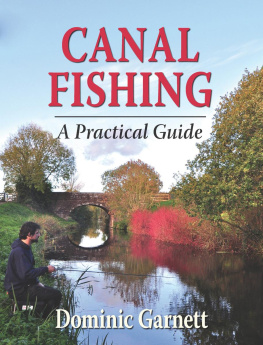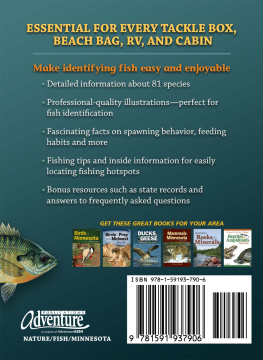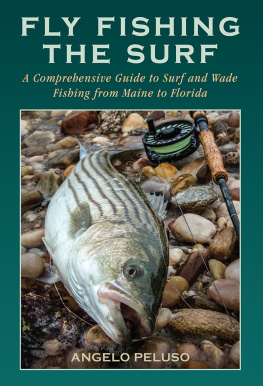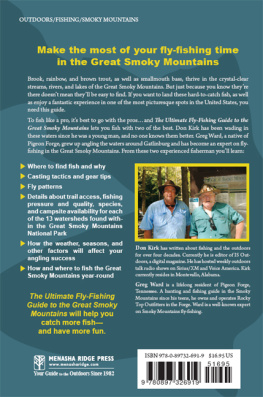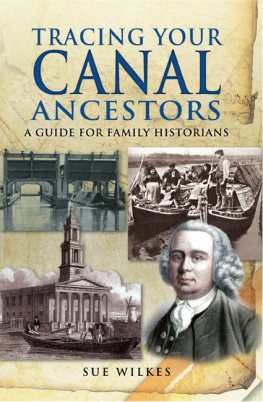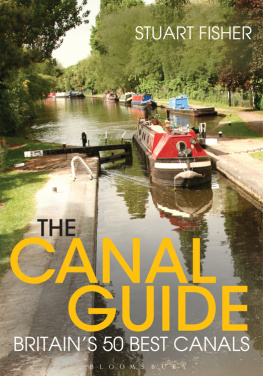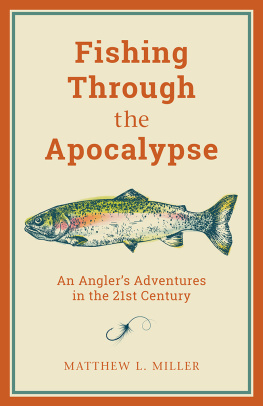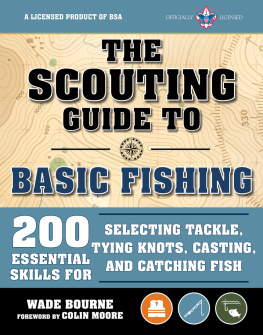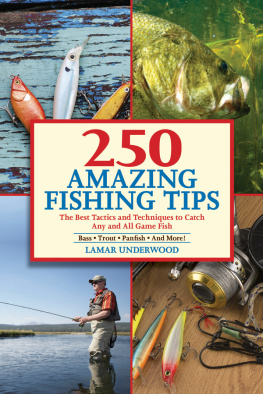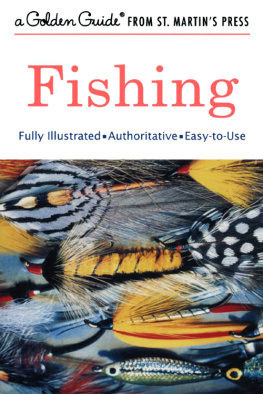T he local canal was the very first place I cast a line. We started with cane poles, literally the sort of cane youd find in the back garden. These were our first rods, set up with a piece of nylon tied to the end and a grayling float or a tiny piece of quill.
There was a chap who lived opposite us called Stan Poole, and he and his son Keith would take me fishing. Stan was a good angler. Hed catch twenty or so small fish every time we went, while I was lucky if I caught one! But thats where it all began for me and at that time I suppose it was about fishing rather than catching.
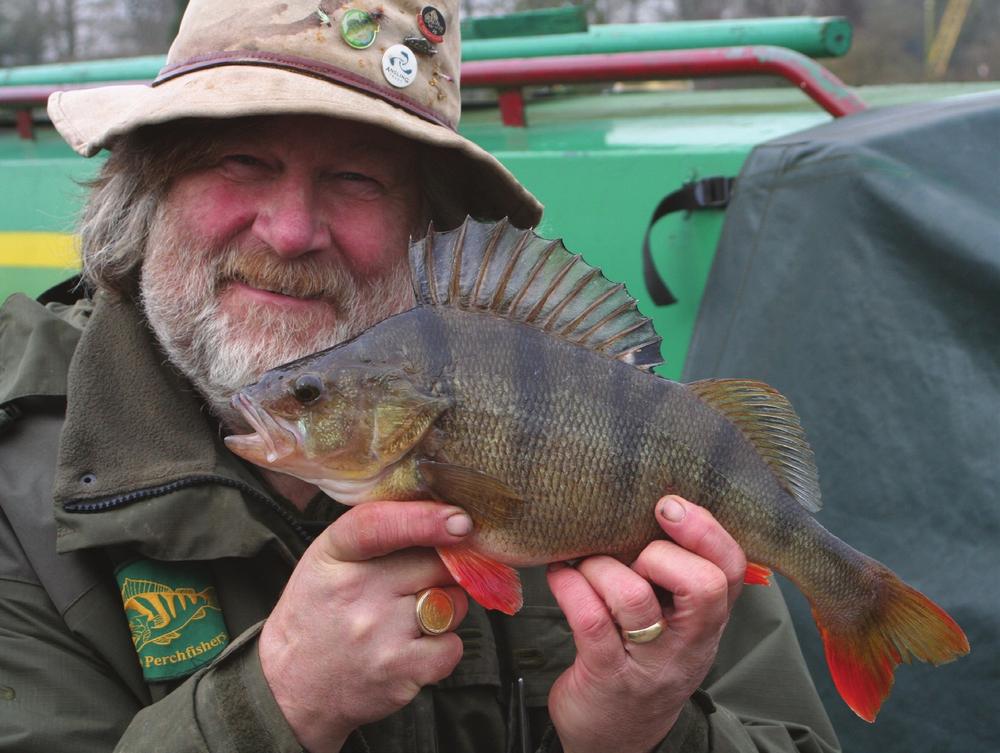
Des Taylor with a beautiful canal perch from the Black Country.
The canals represented lovely little parklands amongst all the industry. They also held lots of creatures for us to explore. We used to find great crested and palmate newts, and there was a lot of bird life. We built rafts and dipped nets, and I suppose thats where my interest in wildlife, bird-watching and fishing all first appeared.
The stretch of our canal had been a busy industrial area and there was still a coal yard being used, but it was very rich with fish. It hadnt got carp back then, but it had a lot of perch and roach. We struggled at first. Our hooks were too big. To catch a fish, any fish, was an incredible experience! My first-ever catch was a stone loach. Perch came next. The fish werent big but we learned a lot about watercraft. There were little basins where the boats would come in that were great for fishing. There were also gas works where there was warm water that would draw the fish in.
The sad bit was that after I got married and left the area, the canal was badly polluted. We used to joke that even rats wouldnt live there. It was a terrible environment, full of rubbish.
Today, canals are on the way back. The work on them has been fantastic and theyre probably more beautiful now than theyve ever been. Some of the country canals have incredible views and are almost like rivers. But theres also real urban beauty when you fish by lock gates or the ironwork of old factories. A lot of the old engineering works and structures have hardly changed at all back then things were built to last.
Eventually I went back and visited the canal where I first cast a line. It was better than ever! The estate was cleaned up; the bridge was still in good nick; there were reedmace, moorhens, coots and all sorts of insect life. The water was so rich! I went back to that very first spot I ever fished and there I caught perch, roach and lost a good tench.
The canals are now in the best condition theyve been all my lifetime. They hold a heck of a lot of fish and plenty of big ones too. You wouldnt believe some of the fish that are in there and the true canal specialists make some terrific catches. In my area alone youve got specimen pike and zander. Ive had big roach, specimen perch and eels to four pounds. Youve got big canal carp my mates have had them to over thirty pounds and its strange to think that theres probably more five-pound chub in the heart of the Black Country than in the River Thames these days.
Were talking about top, top class fishing. Be in no doubt, when you take a walk or cycle on a canal and youre half a mile from a bridge, youre probably trying spots that never get fished. Canals are now very much part of the modern fishing scene. Just about all methods work. You can leger boilies or pole fish, you can try spinning, drop shotting or even trotting in the flows by lock gates.
Make no mistake: nowadays, canals arent so tough as they once were. These are beautiful waters with virtually uncaught fish. Once youve learned the ways of the canal and where the fish are, youll have some fabulous times to either share with your mates or have completely to yourself. So I say enjoy canals for what they are. These are not commercials where youll catch a hundred pounds of carp. These are beautiful places: fabulous fisheries and often virgin fishing.
I f I were pressed to put my finger on exactly what makes canal fishing so special, I would struggle to find a single answer. Perhaps the sheer variety of experience they provide defies any definitive reply. Ive had brilliant days and blank days, on canals which were grim, industrial waters and on others which were some of the most beautifully idyllic places you could set eyes on. Ive had great sessions catching smaller species; but then again, some of my biggest-ever specimen catches have come from canals. And whatever the conditions, canals offer consistent, sheltered fishing when other waters are flooded or closed.
Perhaps their attraction also starts with a certain nostalgia and the fact that the local towpath formed such an essential part of my own fishing education. It started with push bikes and perch, which were probably the only fish daft enough to be fooled by the nave antics of schoolboys. Greater success was a long learning-curve. It meant walking further, refining tactics and increasing ones knowledge. Even the small victories meant something. To catch a tidy net of roach and skimmers felt like a huge achievement.
Certain memories stand out clear as daylight over twenty years later. One was the time I attended my first canal match, joining the old heads with my rattling tackle box and a selection of rods and bank sticks held together with elastic bands. Rather than mock, the regulars were helpful and welcoming, treating me as one of their own. To their amazement as much as my own in that first match I caught a string of perch, rudd and eels on the pole to win my section and a ten pound note into the bargain.
You just never quite know what the day will bring on a canal, that much is still true. You simply never stop learning and making new discoveries, and in one sense I pity youngsters raised on todays predictably muddy and overstocked pools.
The keen canal angler develops a deep, personal connection with their local water, which is more than mere nostalgia or accumulated knowledge. Im not sure how else to express it. My own love-hate relationship with Exeter Ship Canal, for example, spans a quarter of a century. Even today, I retain a childish excitement, never quite sure what the next bite will bring. There are still dog-days but also sessions where just about anything seems possible.
The variety of fishing on my local canals alone is phenomenal, and in the course of a season you might find me there with anything from a long pole to carp tackle or flyfishing gear. If nothing else I hope that this book shatters any fixed ideas that canal fishing is a narrow discipline. It is as fascinating and varied as you make it.
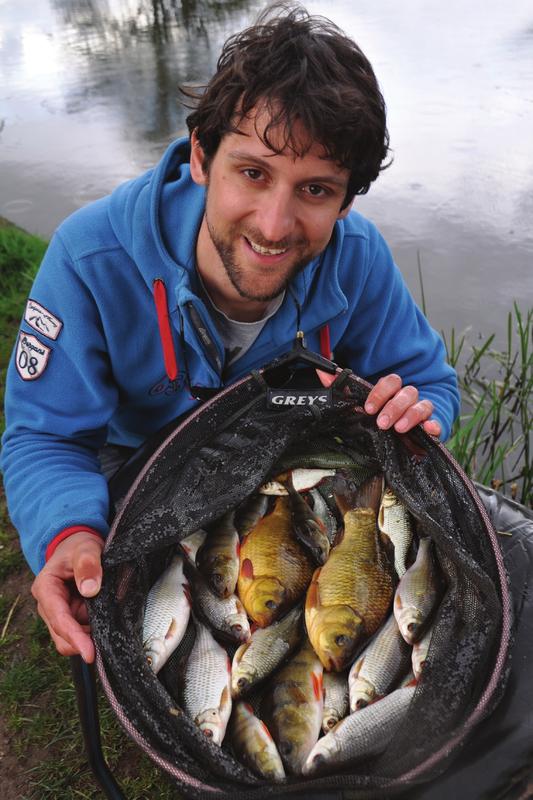
A colourful net for the author from the Newport Canal, Shropshire.
The same could be said for all of Britains canals, and I hope that wherever you live you will find helpful tips and great places to fish in these pages. My own travels in compiling the book have taken me the length and breadth of the country, from the Scottish Highlands to Cornwall; from inner city London to the not-so-grim North and the great maze of Midlands canals. My wingman Russ Hilton deserves extra credit here, for he helped me negotiate countless miles of B-roads and Bates Motel-style accommodation with unerring optimism and humour.
A special mention is also due to all the canal enthusiasts, clubs and tackle shops who helped along the way. It was an incredibly uplifting experience. Look beyond the doom and gloom headlines about cormorants and illegal fishing and a very different picture emerges: in the majority of cases our canals are rich in fish of all types and sizes. Contrary to the fear peddled by our media, we also live in an incredibly friendly country and I found this to be truest in the very places people had told me were a bit tasty. We didnt find any folks warmer, funnier or more welcoming than on the towpaths of Glasgow and Birmingham.

